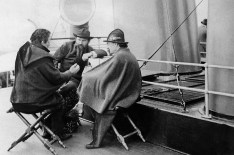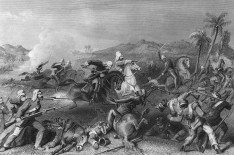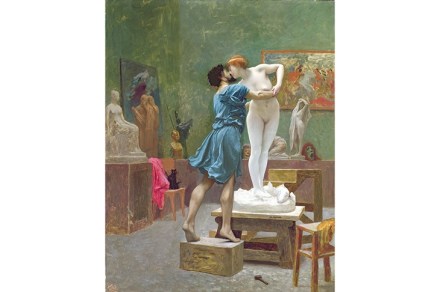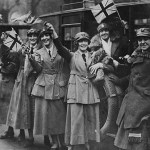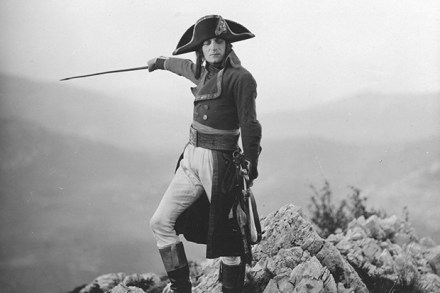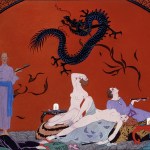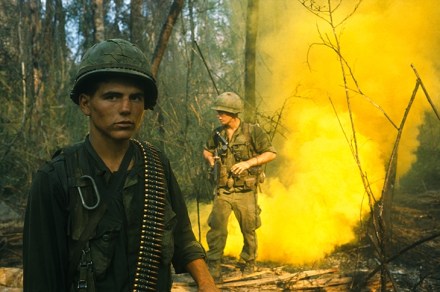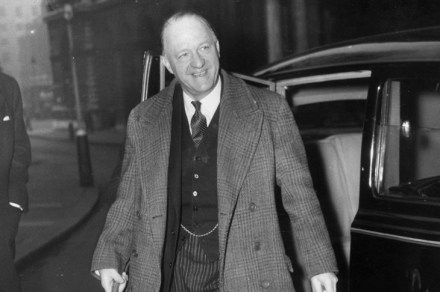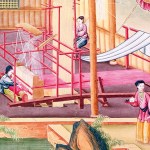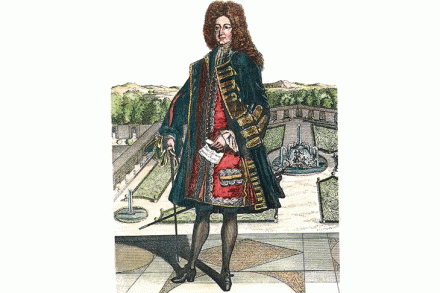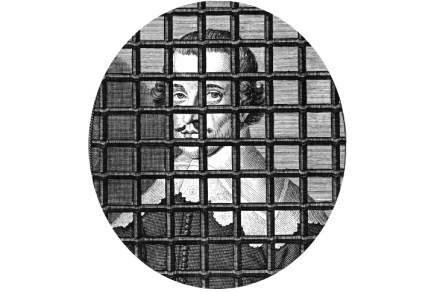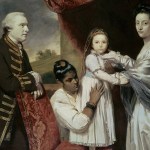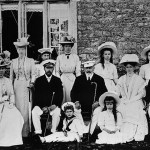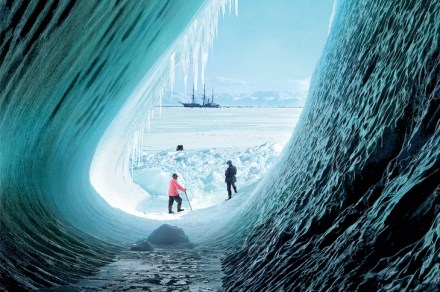The reinvention of a nation
When Japan hosts the Rugby Union World Cup next year, and still more so the summer Olympics in 2020, all eyes will be on its omotenashi (hospitality), perhaps its technology, certainly its efficiency, but there will be little thought of symbolism. Not so for the 1964 Tokyo games, when the Olympic flame was carried up its last 160 steps by a 19-year-old named Yoshinori Sakai, who had been born, near Hiroshima, on the day the atomic bomb was dropped. ‘Atom Boy’ bore twin messages: that Japan had been a victim of an unbelievable horror; and that it was now reborn as a modern, democratic state. The running theme of Christopher




